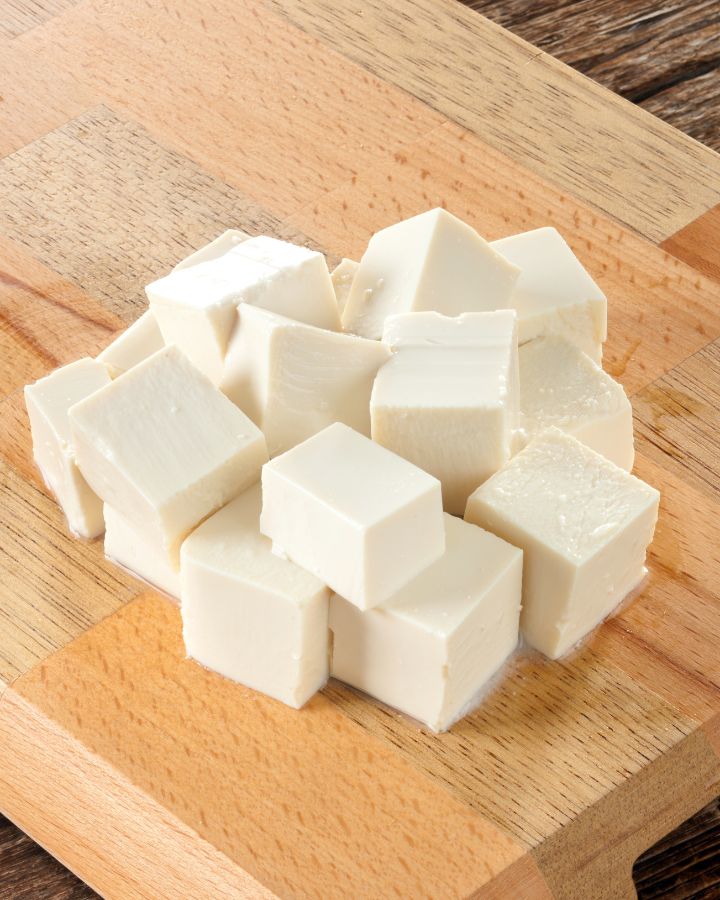Probiotics are one of the healthiest foods you can eat, and they’re essential for good gut health. One of the easiest ways to get enough probiotics is with yogurt, but sauerkraut, tempeh, kimchi, kombucha, and pickles are also great plant-based sources of probiotics.
One of the most common myths about probiotics is that they can only be found in dairy yogurt. To avoid confusion, this article breaks down the most common facts about probiotics, answers the question of whether or not vegan yogurt has probiotics, and helps you find the right source of probiotics for your dietary needs.
What Is Vegan Yogurt?
Vegan yogurt is a plant-based alternative to traditional dairy yogurt. The only difference between the two is that vegan yogurt is made from plant-based milk alternative, unlike dairy yogurt, which is made from animal milk.
So, what are plant-based milk alternatives? The most common ones include almond, coconut, soy, cashew and hemp milk. You can choose the right one for you based on your personal preferences, such as flavour, protein, fat or fibre content. Any of them can be used to make vegan yogurt.
What Are Probiotics?
Your body is full of bacteria, most of which resides in your gut. The trick, though, is not in eliminating it, but in maintaining the right balance of good and bad bacteria. When you lose some of your good bacteria, for example by taking antibiotics, you’re more likely to suffer from poor digestion, weak immune system, skin problems, and even weight gain.
Probiotics are live microorganisms that help you restore the balance of good and bad bacteria. They also provide numerous other health benefits. Probiotics can:
- Help prevent and treat diarrhea
- Reduce the severity of certain allergies and eczema
- Reduce symptoms of certain digestive disorders, such as IBS
- Help keep your heart healthy by lowering LDL (bad) cholesterol and blood pressure
- Boost your immune system
Where Can I Find Probiotics?
You can find probiotics in supplements and certain foods. Probiotic foods include:
- Yogurt
- Kefir
- Sauerkraut
- Tempeh
- Kimchi
- Kombucha
- Miso
- Pickles
Does Vegan Yogurt Have Probiotics?
It can be. Probiotics are created during a bacterial fermentation process regardless of whether or not the source of yogurt is dairy or non-dairy. A lot of non-dairy probiotics are soy-based, but there are also other plant-based options out there, such as almond or coconut.
Many commercially available yogurts, dairy and non-dairy, however, are pasteurised, so you need to pay attention to the ingredients on the label to make sure your yogurt is made with probiotics.
How Do I Know If My Vegan Yogurt Is Probiotic?
Not all store-bought yogurts are probiotic. So make sure to keep an eye out for the following terms when buying your yogurt.
When yogurt is made, manufacturers use certain probiotics, or live cultures, to ferment milk and give it that distinct sour taste. The key to buying the right yogurt is in making sure that it contains live and active cultures. The label on the container will usually say something like “Live/Active Cultures”.
For yogurt to be healthy, it must have at least 100 million cultures per gram at the time of manufacture, which is usually stated on the label. On the other hand, if you see the words “heat treated”, this means that the live bacteria have been killed (in favour of longer shelf life), so steer clear.
Can I Make Vegan Yogurt at Home?
Yes! I’m so glad you asked that. Making yogurt at home is so much easier than you think. There’s no prep work, special equipment or time-consuming research involved. Find out how to make your own vegan yogurt in this short guide.




Leave a Reply